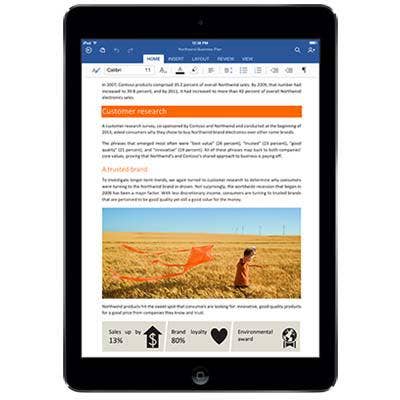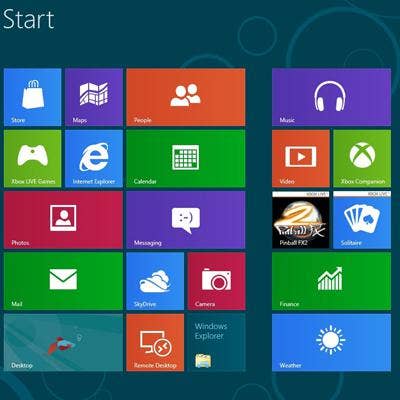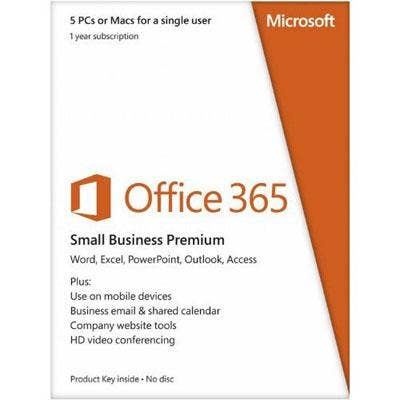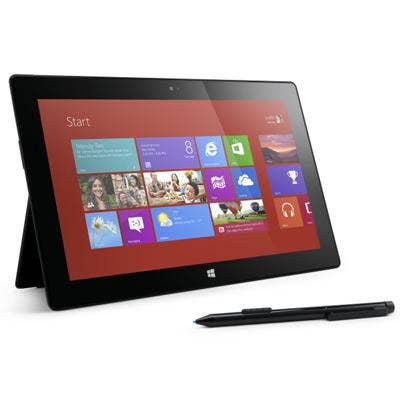8 Things That Jumped Out During Microsoft's Third-Quarter Earnings Call

On The Call
In his first earnings call as Microsoft CEO, Satya Nadella made it clear that he plans to closely analyze the company's many businesses -- in some cases, with the assistance of big data technologies -- to ensure that it doesn't stray from the "mobile-first, cloud-first" path he has charted.
In a Q&A, many analysts expressed their pleasure with the fact that Nadella was taking part in the earnings call, as former Microsoft CEO Steve Ballmer hadn't done so in ages.
It's only been 10 weeks since Nadella took the helm, so some of the analysts' questions were softballs. And yet Nadella, in between the standard boilerplate he uses when talking about certain parts of Microsoft's business, made it clear that he's got a plan for the future that's different from the one his predecessor charted.
Following are eight things that jumped out during Microsoft's third-quarter earnings call.

8. Bing Is Playing An Important Supporting Role
Even Microsoft's much-maligned Bing search engine saw solid results during the third quarter, with search advertising revenue growing 38 percent compared with last year's quarter. In the U.S., Bing now has an 18.6 percent share of the search market.
Microsoft also is promoting Bing as a platform for its other services, such as Cortana, its recently unveiled counterpart to Apple's Siri digital assistant.

7. Nadella Enjoys Technology-Poetry Mashups
Nadella, as he did last month while launching Office For iPad apps, dropped a line from T.S. Eliot's 1942 poem "Little Gidding" into his response to an analyst's question about what he's been up to in his first 10 weeks as Microsoft CEO.
Nadella, a 22-year Microsoft veteran, said he has taken time to "relearn" the company -- and in a reference to Eliot's poem, "to see it for the first time."
In his inaugural email to Microsoft employees, Nadella said "we need to believe in the impossible and remove the improbable," a paraphrasing of Oscar Wilde's 1891 essay "The Decay of Lying."

6. Nadella Tells Analysts Microsoft Is Willing To Change Things That Need Changing
In Q&A, an analyst asked Nadella if his first 10 weeks as CEO have included a strategic review of Microsoft's businesses, and whether such a review would result in changes.
Nadella responded that "mobile-first, cloud-first" is basically the road map for the future, but he also indicated that he's willing to make changes that become necessary based on the process of close, data-based analysis of Microsoft's businesses that he has put in place.
"The only way we are going to succeed here is by having this notion that you are planning all the time and you are also making the changes to your plan based on the change circumstances," Nadella said on the call, according to Seeking Alpha's transcript.

5. Licensing Revenue Bump From Windows XP End Of Support Is Fading
For its current quarter, Microsoft is expecting licensing revenue of between $4.1 billion and $4.3 billion, and CFO Amy Hood (pictured) said this range takes into account that customers' upgrades from Windows XP to newer versions of Windows aren't generating as much business as they have in previous quarters.
On the other hand, Microsoft can point to the 19 percent revenue growth in Windows Professional to explain that it saw this coming and nothing is happening here that it didn't expect.

4. Businesses Are Really Digging Windows
Yes, the PC market is in a multiyear decline borne in large part by the scourge of tablets flooding into the computing market. But in the third quarter, Microsoft's sales of Windows to businesses showed surprising strength.
According to Hood, this wasn't just because enterprises are buying it; small and medium businesses are getting in on the action, too.
Overall, Windows volume licensing revenue grew 11 percent during the quarter -- which is all the more notable because the bump Microsoft has been seeing from customers upgrading from Windows XP, for which it cut off support earlier this month, is starting to fade.

3. Office 365 As The 'Core Engine' Of Microsoft's Cloud Business
Office 365 is now generating revenue at a rate of $2.5 billion annually, and Microsoft added nearly 1 million Office 365 Home subscribers during the quarter, Hood said during the earnings call. Just more than a year since its launch, Office 365 Home now has 4.4 million subscribers.
Azure isn't doing too shabby either: The centerpiece of Microsoft's cloud business saw revenue grow 150 percent year over year during the third quarter.
But Nadella reserved his most glowing praise for Office 365, describing it as the "core engine that’s driving a lot of our cloud adoption." More than just a suite of SaaS apps, Office 365 has become a sort of "architecture for enterprises," Nadella said.

2. Nadella Doesn't Want To Talk About Xamarin
Microsoft .Net developers love Xamarin because it lets them use their code to build iOS and Android apps. And according to CRN's sources, Microsoft has held acquisition talks with Xamarin, though such a deal has yet to materialize.
On Microsoft's earnings call, a Wall Street analyst brought up Xamarin and asked Nadella about his plans for getting the Microsoft developer community excited about the future.
Instead of talking about how Xamarin enables developers to build cross-platform apps, Nadella mentioned Unity Technologies -- another cross-platform development tool vendor. In his keynote at Build, Nadella referred to Xamarin just once in talking about Microsoft's cross-platform development plans.

1. Microsoft Is Still Losing Money On Surface Tablets
In its 10-Q filing last week, Microsoft said it plans to continue investing in the development of Surface tablets, even though they aren’t yet turning a profit. In the past nine months, Microsoft reported $1.8 billion in Surface revenue, but its cost of revenue was $2.1 billion. Microsoft also took a $900 million write-down on unsold Surface RT inventory last July.
Nadella said the company will show "courage in the face of reality." He didn't elaborate, so this cryptic comment could mean Microsoft is taking a long, hard look at whether Surface fits with its plans for a "mobile-first, cloud-first" future.